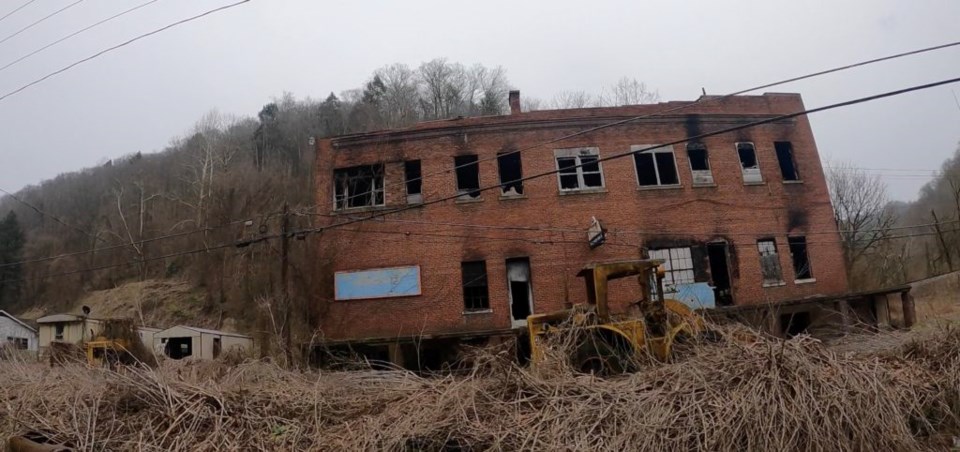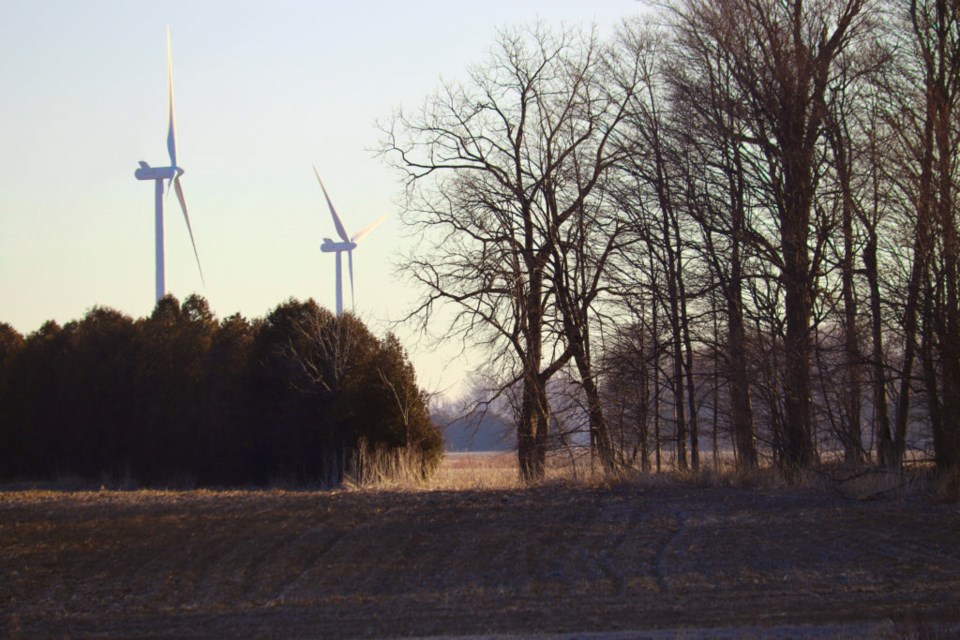
Climate change conversation is at an all-time high, which is worthy of celebration. We must
appreciate that awareness leads to education, and education leads to action. If the mean global
temperature is rising, one positive takeaway is that so is the temperature of the discussion around it.
Although human-accelerated (anthropogenic) climate change is scientifically undebatable, I have
gently observed how this conversation has become one of contention and questionable reforms of
regulations around the world. I wanted to unpack some of those interesting notes I’ve taken for this
week’s article, and why this concerns me.
I find it refreshing to hear how global warming has been colloquially replaced with the broader
term of climate change. Unfortunately, the words global warming can be taken too literally by those
who may deduce, “Well, it was one of the coldest winters we have ever had in years,” or “that was
an unusually cool summer.”
So where is the warmth if you don’t necessarily feel it?
It shows up in new average highs over conspicuously large areas of the world, especially
including the Arctic, central Europe, northern Africa, and eastern North America. In fact, all of the
world’s surface has warmed, minus a handful of isolated patches over our southern oceans.
Indeed, the world has always gone through swings of colder and hotter phases of a changing
climate — it is the rate this is happening which raises alarm bells.
Since 1990, some of these broader regions have experienced an average uptick of 1 degree
celsius. That doesn’t sound like much, but that number really counts when vast sections of the
planet hover and depend on mean temperatures just under 0 degrees Celsius in order to keep ice
and permafrost locked up, under threat of never forming again once melted.
Tackling climate change faces serious — and sometimes unusual — political and social
boundaries, though. Climate change, like all things we can’t help ourselves with, has become a
political lightning rod, like COVID-19 or religion or election seasons around the world.
For example, and quite interestingly, I noticed over the last half year how climate change is the
second topic of content on Facebook that gets flagged, following when Facebook started doing this
with COVID, which was the first maneuver of its kind. I recognize this has rubbed some people the
wrong way.
For instance, a month or so ago I posted a photo about a storm. Just a classic thunderstorm in
the backyard kind of deal. My post was flagged with climate change information. I really didn’t care,
but I did find it odd, as I didn’t mention climate change or suggest anything about it.
In social media, algorithms exist that are designed to hunt down certain keywords you put in your
posts, and if that post goes against the grain, is outright outlandish, or even totally scientifically correct, it
can be flagged by simply speaking of the matter. To some, this can give an impression that sweeping
decision-making around climate change is an ‘agenda,’ which may cause people to tune out from the real
issue at hand — which is what exactly we don’t want right now.
We need people engaged, and to do that, they need to trust their sources of information. Over
the past three years, levels of trust in higher government have floundered across the globe. This is a
hurdle that must be addressed if we’re going to make real change. Two points come to mind about
this.
Firstly, as a rigid believer of the firm science and real-world observations of climate change, I
want to see improvements on the messaging behind educating people about it. If it feels forced
upon you, it can cause you to have suspicions, and it defeats the purpose of a cause we should all
get behind.
Additionally, I also want to make sure regular working people don’t get left in the dust as powers-
that-be around the world are beginning to introduce quick and sometimes dramatic ideas to our
previously established economic codes.
Barely covered by major news outlets, which is shocking considering the scope of the event,
massive farmer-led protests occurred in the Netherlands during the summer of 2022. In an effort to
halve nitrogen and phosphorous damage to ecosystems by 2030, as well as proposed goals to reduce
cattle herd sizes to limit methane emissions, the government introduced these regulations, and it stirred
the pot with farmers who fear for their livelihoods.
I’ll be first to tell you that we truly need to consider ways to better protect our watersheds and the
amount of methane entering our atmosphere. Absolutely. However, I believe governments can’t leave
people’s livelihoods in the dust, even if the broader intention is globally benevolent. If you are going to
force farmers, the people who feed society, into a limited operating capacity, you best be financially
supporting them or giving them transitional support of some methodology.
Which reminds me of the hurting coal towns tucked into the naturally lush but humanly defeated
hollows of the Appalachian Mountains, where I recently filmed Hidden Corners: Appalachia. Of
course, it is essential that we gradually distance ourselves from the ozone-depleting, atmosphere-
clogging greenhouse gases which warm our planet. However, where was the financial support from
the federal and various state governments in the 1980s when they swept the livelihoods of these
communities out from under their feet? What happened next was a damaging sequence of events
that still exists to this day.
With little to no supported transition, financial help, or supplement, many of these communities
now live in severe rural poverty, which means less education, which generally means a higher
propensity of culture that doesn’t trust government or believe in climate change.
In a delicate but blunt summary, world leaders need to do this thing called leading, and show how
it is possible to mitigate climate change, protect our ecosystems, and find ways to realistically
support people along the way during this transitional time.
Also, perhaps instead of clamping down on everyday people for these changes, maybe
governments around the world should show a hankering to take on massive corporations who are
ultimately the world’s largest players of greenhouse gas emissions. The barrier to that, as we all
know, is that friends don’t pick on their own friends.
